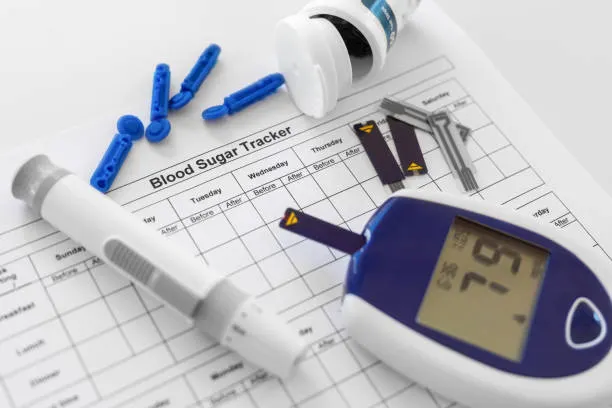Understanding Diabetes: Causes, Symptoms, and Management.
Diabetes
Diabetes is one of the most common chronic health conditions affecting millions of people worldwide. Despite its prevalence, many are still unaware of what diabetes is, how it develops, and how it can be managed. This article aims to provide a clear understanding of diabetes, its causes, symptoms, and ways to live a healthy life with it.
What is Diabetes?
Diabetes is a condition that affects how your body uses blood sugar (glucose). Glucose is your body’s main source of energy and comes from the food you eat. Insulin, a hormone made by the pancreas, helps glucose enter your cells. When you have diabetes, your body either doesn’t make enough insulin or can’t use it properly, leading to high blood sugar levels.
Types of Diabetes
1. Type 1 Diabetes
- Usually diagnosed in children and young adults.
- The body’s immune system attacks the insulin-producing cells in the pancreas.
- People with type 1 diabetes must take insulin every day.
2. Type 2 Diabetes
- The most common form.
- The body becomes resistant to insulin or doesn’t produce enough.
- Often linked to lifestyle factors like obesity, poor diet, and lack of exercise.
- Can often be managed through diet, exercise, and medication.
3. Gestational Diabetes
- Occurs during pregnancy.
- Usually goes away after childbirth but increases the risk of type 2 diabetes later.
Common Symptoms
- Frequent urination
- Increased thirst
- Unexplained weight loss
- Fatigue
- Blurred vision
- Slow-healing wounds
- Numbness or tingling in hands or feet
Note: In type 2 diabetes, symptoms may develop slowly and go unnoticed for years.
Risk Factors
- Family history of diabetes
- Being overweight or obese
- Sedentary lifestyle
- High blood pressure or cholesterol
- Age (over 45 for type 2 diabetes)
- Unhealthy diet
Complications if Left Untreated
- Heart disease
- Kidney damage
- Vision loss
- Nerve damage
- Foot problems (in severe cases, may lead to amputation)
Management and Treatment
Although diabetes is a lifelong condition, it can be managed effectively with the right approach:
1. Healthy Eating
- Focus on fruits, vegetables, whole grains, and lean proteins.
- Limit sugary and processed foods.
- Monitor carbohydrate intake.
2. Regular Exercise
- Aim for at least 30 minutes of moderate activity most days.
- Helps lower blood sugar and improve insulin sensitivity.
3. Medication or Insulin
- Type 1 diabetics require insulin injections.
- Type 2 may require oral medication or insulin depending on severity.
4. Monitor Blood Sugar
- Regular checks help keep glucose levels within the target range.
- Helps you and your doctor make better treatment decisions.
5. Stress Management
- Stress can raise blood sugar levels.
- Practice relaxation techniques like yoga, meditation, or deep breathing.
Prevention Tips
- Maintain a healthy weight
- Eat a balanced diet
- Stay physically active
- Avoid tobacco use
- Get regular health check-ups
Final Thoughts
Diabetes doesn’t have to control your life. With the right knowledge, lifestyle changes, and medical support, it is entirely possible to live a long, healthy, and active life. If you or someone you know has diabetes, don’t ignore the symptoms—early diagnosis and management can make all the difference.